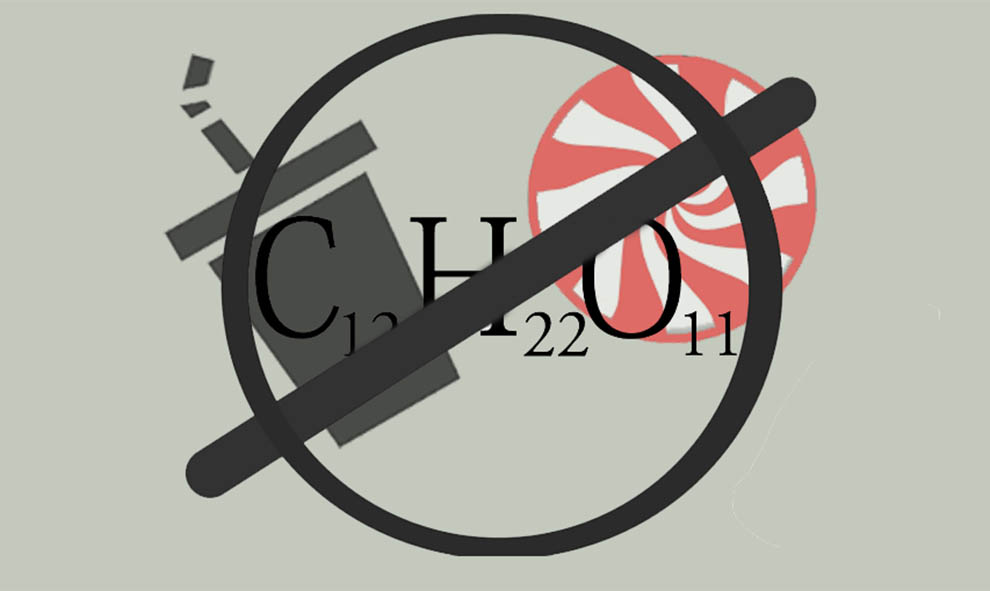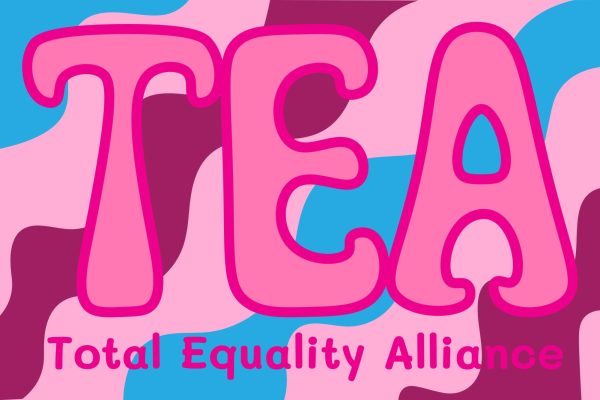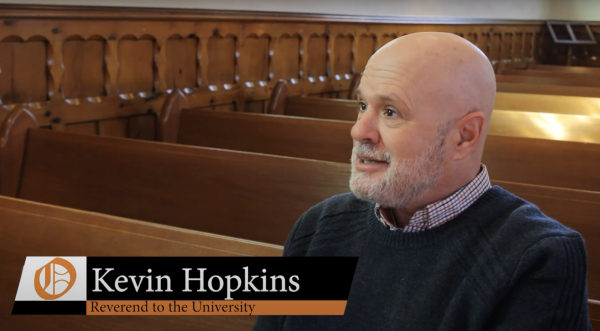The bittersweet truth about sugar
Now that Halloween is over, it is time to have a serious conversation. Tobacco causes lung cancer. Alcohol causes liver failure. Both are regulated substances.
Sugar causes obesity, heart failure, diabetes, addiction and more, but it is not regulated.
Sugar hides in almost every food of the modern world. Chobani Yogurt? Over half the daily recommended intake of sugar. A glass of milk can also have half the daily-recommended amount of sugar. Those healthy protein bars you love contain as much sugar as one person should have for the whole day. Anything labeled “fat free”? Do not even think about looking at the amount of sugar on the label.
According to an analysis of United Nations data from theconversation.com, “sugarcane is the world’s third most valuable crop after cereals and rice.” Cereals and rice are understandably staples. Sugar, on the other hand, has absolutely no benefit. Besides making extra money for huge companies, its only other effect is the current global health crisis.
Obesity has spread to every nation that eats sugar-based carbohydrates. How did we get to this point? If sugar has no health benefits, how did it become so valuable?
Originally, the human diet had virtually no sugar or carbohydrates. Sugar in diets may have started in Southeast Asia. Eventually, sugar became a mass-production industry. Some argue that it spurred the formation of the modern economy and even had a role in slave trade.
The evolution of sugar and tobacco contain eerie parallels. Both were initially produced through slave labor and both have created several health risks we still see today. Tobacco is known to be addictive, and sugar drives behavioral responses indistinguishable from an addiction.
There is a key separation between the story of sugar and tobacco however; the grip of sugar addiction on our society has much more prevalence than tobacco ever did. Sugar today makes up 20 percent of our caloric intake. It is now central to our way of life.
It is scary to consider that approximately one-fifth of our daily intake can cause heart damage, build up stomach fat, cause higher blood pressure than salt, be linked to causing cancer, have genetic addictive traits, affect the liver similarly to alcohol and possibly age brain cells.
Our government should not ignore a substance with so many risks and unknown consequences. Sugar is a worldwide cash crop with no benefits.
Unlike cigarettes, which are regulated with printed warnings on the box, warnings of the dangers associated with sugar are mere hints compared to what is needed. If sugar is so close to being addictive, then the government should acknowledge the clear ethical and legal implications and get involved.
Sugar is insufficiently scrutinized because of its popularity. Corporations increase profits by making products such as “honey roasted ham” (ham with sugar) that taste better. Corporations are making more of a profit, while people are happy eating things that are bad for them but taste good. So what is there to fix?
Clearly, legislation needs to be introduced to prevent further growth of this global health crisis. In the meantime, while the average consumer continues to purchase the same products and remain ignorant, you can make smarter decisions.
First of all, do not buy products with added sugar. By doing this you are cutting off financial support for the industry and improving your own current and future health. This can also be inspirational to friends or family.
Second, talk about the issues to others. If you knew chain smokers who were unaware of the effects of tobacco, wouldn’t you want to educate them so they at least understood what they were doing with their bodies?
If you really are passionate, call your representatives and ask them to consider proposing legislation to regulate the sugar industry within the United States.
Finally, educate yourself on the dangers of sugar. Studies show that the less sugar we consume, the fewer cravings we will experience.
By avoiding sugary products, communicating the problem to others and educating ourselves, we can make a difference.







